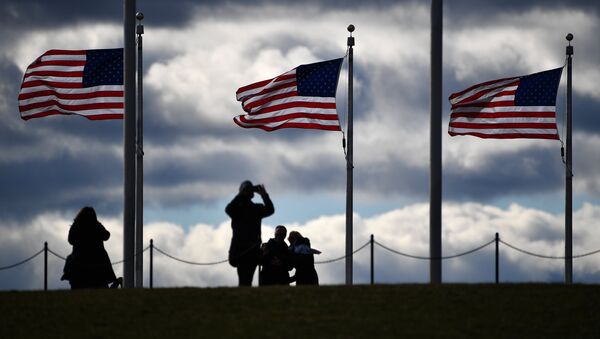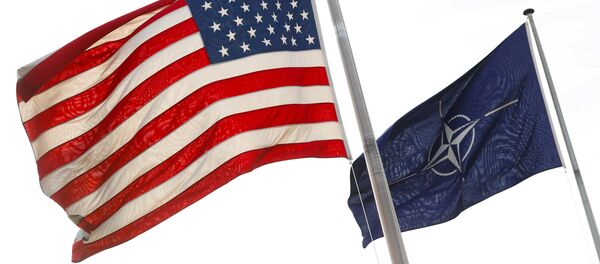"The Politico article really bothered me because it made it sound as if the responsible people in the expert community really think that it will be better if we remained constrained and let the Russians do whatever they want. It strikes me as if that is actually a desirable situation, there is no reason to have treaties in the first place because we just can refuse to do anything while they can go ahead and do whatever they want. That’s not what we want it to be, we want to be in an INF-constrainED world," Ford said.
Highlighting the challenge of one side violating the treaty while the other side is constrained by it, Ford stressed that the US hoped that Russia would come back to compliance with the INF Treaty.
"Our concern is that not enough has been done to put them [the Russians] in a place where they are incentivized to return to compliance … At some point we think you need to move beyond wagging the finger at the violator and actually give them reasons to think differently about the course they are on. We are hoping to give Russia reasons to think differently about building INF range ground based systems … and with a bit of luck that will get them to a place where they agree to come back into compliance because we like the agreement," the assistant said.
The United States hopes that Russia would return to compliance with the Intermediate-Range Nuclear Forces (INF) Treaty and this would contribute to wider cooperation between the two countries, Christopher Ford, the US president's special assistant and the National Security Council's senior director for weapons of mass destruction and counter-proliferation, told Sputnik.
According to Ford, "the INF problem raises questions about the future of the arms control enterprise."
"Our hope is that Russia would actually return to compliance… If Russia wants to reach a deal with us on something else, how far can we trust them? We hope that by getting a compliance problem of INF on the control that will help make possible broader engagements," the US official said.
The United States hopes to enter the dialogue on strategic stability with Russia soon, though this may not resolve problems in relations between the two countries, Christopher Ford, the US president's special assistant and the National Security Council's senior director for weapons of mass destruction and counter-proliferation, told Sputnik.
"We are hoping to soon engage in a dialogue on strategic stability. There has been an agreement to move ahead with that at some point … and with a bit of luck that kind of engagement with each other will help us understand better where the sides are coming from, and what the needs and desires and the problems are. Is there a guarantee that that will result in anything? Not necessarily," Ford said.
On Saturday, the Politico media outlet reported citing several congressmen that the US presidential administration was considering the proposal of the US Congress to withdraw from the INF Treaty. Russian lawmaker Yury Shvytkin told Sputnik that the move could result in the new arms race.
The 1987 treaty prohibits the development, deployment or testing of ground-launched ballistic or cruise missiles with ranges between 300 and 3,400 miles. Russia is party to the INF treaty as the Soviet Union's successor state. The treaty was implemented in 1991, with inspections continuing until 2001.
Russian Foreign Minister Sergey Lavrov has repeatedly said that Moscow was in full compliance with the INF treaty. According to Lavrov, Moscow had its own concerns over Washington's compliance with the INF Treaty and had repeatedly called on the US to discuss the most controversial points related to the agreement's implementation in substance.





